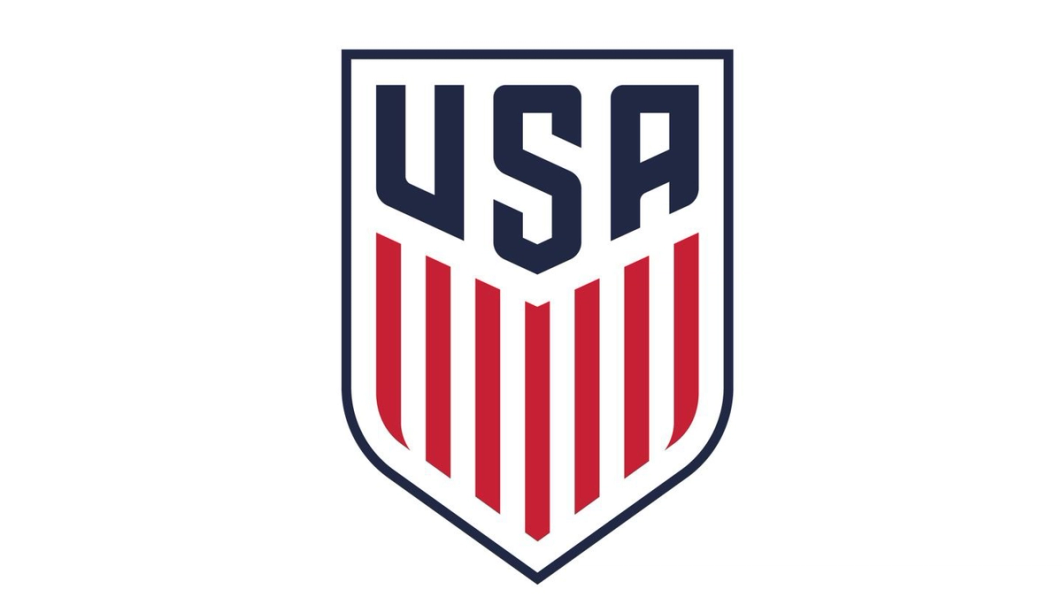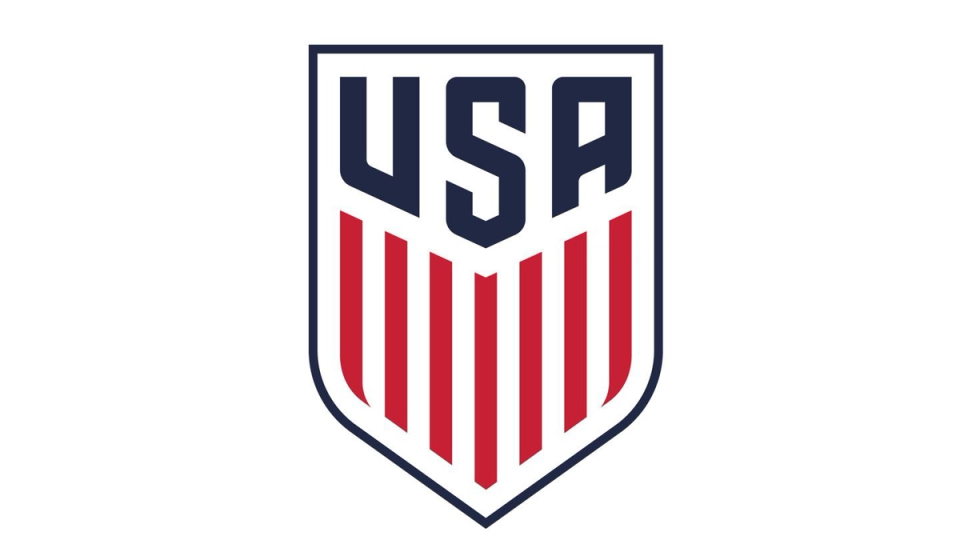ATLANTA, GA (October 16, 2025) – U.S. Soccer and the NextGen College Soccer Committee (NGCS) today released a comprehensive white paper outlining recommendations to modernize Division I men’s and women’s college soccer. This is a critical step toward ensuring the sport’s continued relevance, sustainability, and impact within the broader U.S. Soccer ecosystem.
The NextGen White Paper, developed over the past year with input from college athletic directors, coaches, players, professional league executives, and governance leaders, provides a roadmap to align college soccer with today’s rapidly changing athletic and professional landscape.
“This isn’t about rewriting college soccer, it’s about renewing it,” said JT Batson, CEO of U.S. Soccer. “The goal is simple: keep what’s great, improve what’s not, and make sure the system works for today’s student-athletes and tomorrow’s game.”
For decades, college soccer has been one of the most important player development platforms in the United States, producing generations of players, coaches, referees, and administrators who have shaped the sport at every level. The recommendations, which span competition structure, scheduling, and operational alignment, aim to strengthen that foundation while adapting to new realities such as NIL, conference realignment, and expanded professional leagues.
“College soccer has had a massive impact in developing generations of players, coaches, and leaders across the sport, but with the game evolving rapidly on both the men’s and women’s side of the game we need to proactively determine changes that will have a positive impact,” said Cindy Parlow Cone, President of U.S. Soccer. “That’s why U.S. Soccer is committed to helping college soccer modernize and strengthen its role within the development pathway, while still providing student-athletes the educational and community experiences that make the college game so special. These recommendations are the first step in working together with people across all levels of the game to build out a roadmap that ensures college soccer continues to thrive for years to come.”
The NextGen College Soccer Committee, composed of 17 leaders across college athletics, professional soccer, and business, was convened by U.S. Soccer to ensure a diversity of perspectives guided the process. The Committee anchored on three core outcomes: ensuring academic, physical, and mental well-being of student-athletes, strengthening the financial position of institutions, and enhancing the identification and development of elite players. The recommendations call for:
Expanded engagement with players to support on-field development through Talent ID camps and National Team programming, alongside off-field professional development for coaching, refereeing, and career pathways.
Enriched connections between college and professional pathways, providing players more opportunities to develop while furthering their education.
Modernized eligibility rules that reflect today’s environment and support college as a strong development pathway for those with professional soccer talent and ambition.
Expansion of commercial opportunities and broadcast visibility, including greater national exposure through improved media packaging and expanded TV and streaming coverage of tournaments and championships.
Enhanced calendars and competition structures, including a full academic-year, regional competition model for the men, a new U-23 spring competition pilot for the women.
“Our job was to listen, analyze, debate, and recommend,” said Dan Helfrich, Chair of the NextGen Committee and former CEO at Deloitte Consulting. “The result isn’t disruption for disruption’s sake. It’s a modernization plan that strengthens well-being, reduces costs, and creates new opportunities for growth. If we do this right, college soccer will thrive for decades and serve as a model for other sports facing similar pressures and opportunities.”
The release of the white paper marks the beginning of a broader movement, not the end of the conversation. In the coming months, U.S. Soccer and the Committee will collaborate with the NCAA, conferences, and institutions to translate recommendations into actionable policy proposals and pilot programs, with implementation targeted for the 2026–27 academic year.
To read the full NextGen College Soccer White Paper, visit ussoccer.com/collegesoccer.
About the U.S. Soccer Federation
Founded in 1913, U.S. Soccer, a 501(c)(3) nonprofit, is the official governing body of the sport in the United States. Our vision is clear; we exist in service to soccer. Our ambition, working across the soccer ecosystem, is to ignite a national passion for the game. We believe soccer is more than a sport; it is a force for good. We are focused in three areas: Soccer Everywhere, ensuring everyone, everywhere experiences the joy of soccer; Soccer Success, our 27 National Teams and pro leagues winning on the world stage; and Soccer Investment, maximizing and diversifying investments to sustainably grow the game at all levels. For more information, visit ussoccer.com/ourvision.






